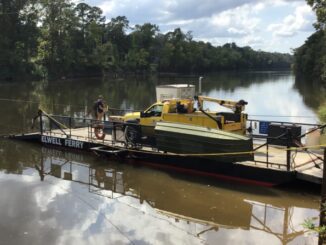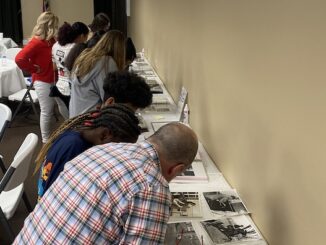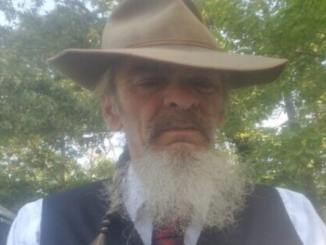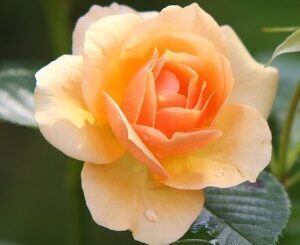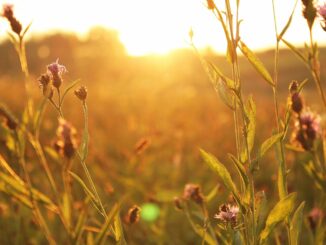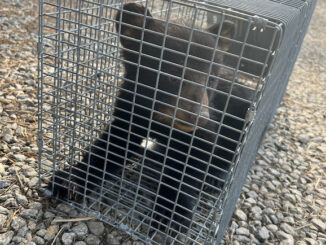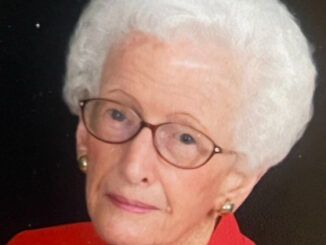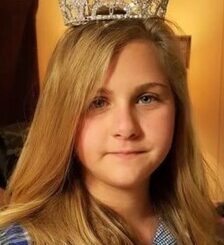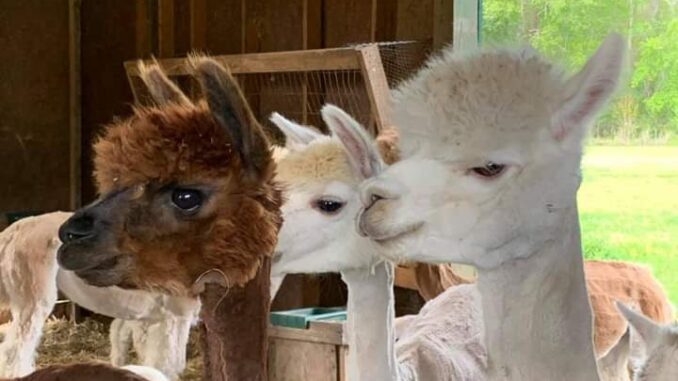
So much Alpaca fleece, so little time. What’s a girl to do?
Make yarn.
Tanya Hiltz is the owner and operator of Triple H Farms near Lake Waccamaw. Her career started at the tender age of six helping out on a horse farm. That love for animals continued on through her teenage years into adulthood, and she now raises alpaca.
She has a big love for her farm, concentrating on herd health, pasture maintenance, and shearing and creating alpaca items. The Huacaya Alpaca is Tanya’s favorite.
Alpacas are a species of South American camelid mammal. They are often confused with the llama, but are much smaller. They are gentle, intelligent animals who are extremely observant. They communicate through body language, spitting when they are distressed or fearful. They are not bred as working animals, but are raised for their fleece.
Huacaya Alpaca make up about ninety percent of the population, and their fiber is thicker than the average alpaca. It’s used to make blankets, sweaters, socks, hats, gloves, scarves, coats, bedding, and ponchos.
This craft is exactly where Tanya got started. Her mentor, Lisa Olsen, invited her to spend some time on her alpaca farm in Tennessee. The farm had 100 alpacas, and plenty of fleece to shear. Olsen also taught Tanya to spin her own yarn from the fiber.
With this knowledge firmly in place, Triple H Farms was born in 2009. It’s the happy home of 12 alpacas, three horses, eight goats, numerous chickens, and rescued honeybees.
You may have seen her recently at Lake Waccamaw up in a hundred-year-old oak tree. The homeowners called Tanya, desperate to save the honeybees nestled on their property. She was more than happy to help out. After a little climbing and beekeeping maneuvering, she was able to safely relocate the bees to her farm, keeping them from being exterminated.
“I loved the idea of having livestock, and not having to slaughter them for their product. I use every part of the product that I can so none of it gets wasted,” says Hiltz.
She now handcrafts items from her own animals and sells them locally. She recently set up a booth at the Lake Waccamaw Community Yard Sale, and had great results.
“I’m so thankful for the community response. We actually sold out of honey that day!”
There she sold honey collected from the farm made by the rescued honeybees, fresh eggs, bird nesting balls, dryer balls, and Alpaca socks. She mostly spins the yarn herself for hats, scarves, and dryer balls, but sends off fleece for the socks to processed at mills in various states. The material comes back soft and pristine.
Tanya uses every product and by product at the farm, including the dung. She uses it to fertilize plants in the greenhouse, and grows herbs, vegetables, zinnia, bachelor’s button, and other flowers.
She sells her products, including the farm’s local honey and alpaca-fleece items, at the Lake Waccamaw Community Yard Sale. The yard sale is held every first Saturday of the month on the lawn of One Stop Convenience Store from 6 a.m. to 3 p.m. Tanya can also be contacted at 910.520.8535 or by email at [email protected].


